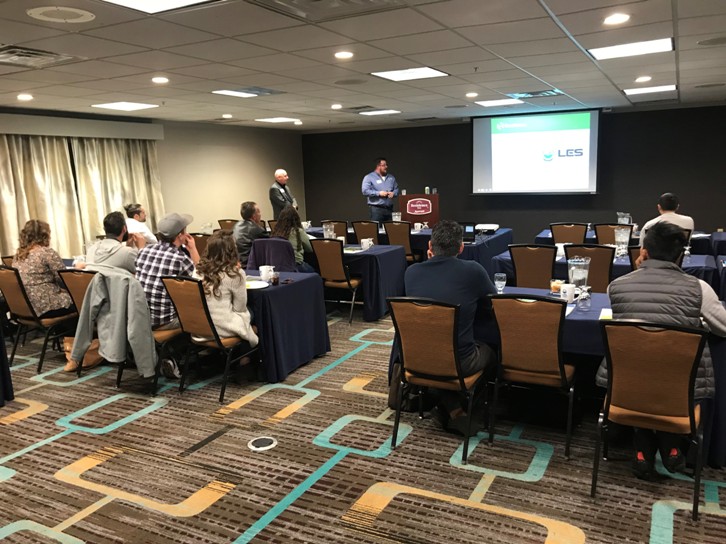
Falling victim to a fraudulent investment scheme can mean losing anywhere from a few hundred dollars to your life savings. While most people might not see the harm in sitting through an investment seminar, Better Business Bureau recommends researching the investment company first, rather than run the risk of falling for a financial siren song over a free lunch.
“Free lunch seminars can seem like an easy way to get a meal, but attendees run the risk of getting drawn in by the slick presentations and promises of big returns,” said Paula Fleming, BBB spokesperson. “Unscrupulous seminars often use the promise of a free lunch to lure in leisurely senior citizens who have time and exploitable retirement accounts and real estate.”
When listening to an investment pitch, BBB recommends looking for the following red flags:
• Requires a large up-front investment. Untrustworthy schemers might try to convince investors to pay a lot of money upfront so they can get out of town with a large haul, rather than wait for the funds to trickle in.
• Promises high returns for low risk. Every investment comes with a level of risk. Typically the amount of risk increases in line with the potential return on the investment. If the seminar is trying to sell an investment scheme that claims a high return with little or no risk, beware, even with a “money-back guarantee.”
• Employs high pressure sales tactics. Seminar leaders often use high pressure sales tactics to get people to sign up without thinking it through. Any reputable investment company will let you take your time and do your research and will not pressure you into signing a check.
• Relies on off-shore investments. Many hucksters try to give their scheme an air of sophistication by relying on overseas investments such as foreign currency, property, stocks and bonds. They also might claim—incorrectly—that you can avoid taxes by investing overseas.
• Sounds too good to be true. At the end of the day, if the offer sounds too good to be true, it probably is. Always listen to your instincts because the potential payoff is rarely worth the risk.
For information visit the Better Business Bureau at BBB.org.
 Related Articles & Free Subscription
Related Articles & Free Subscription
A 3-Point Check-Up for Your Retirement Plan
Don’t Play Politics with Your Portfolio
How to Make Your Money Last During Retirement
Free Subscription to Vermont Maturity Magazine





Comment here